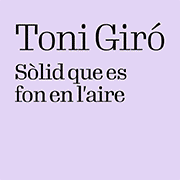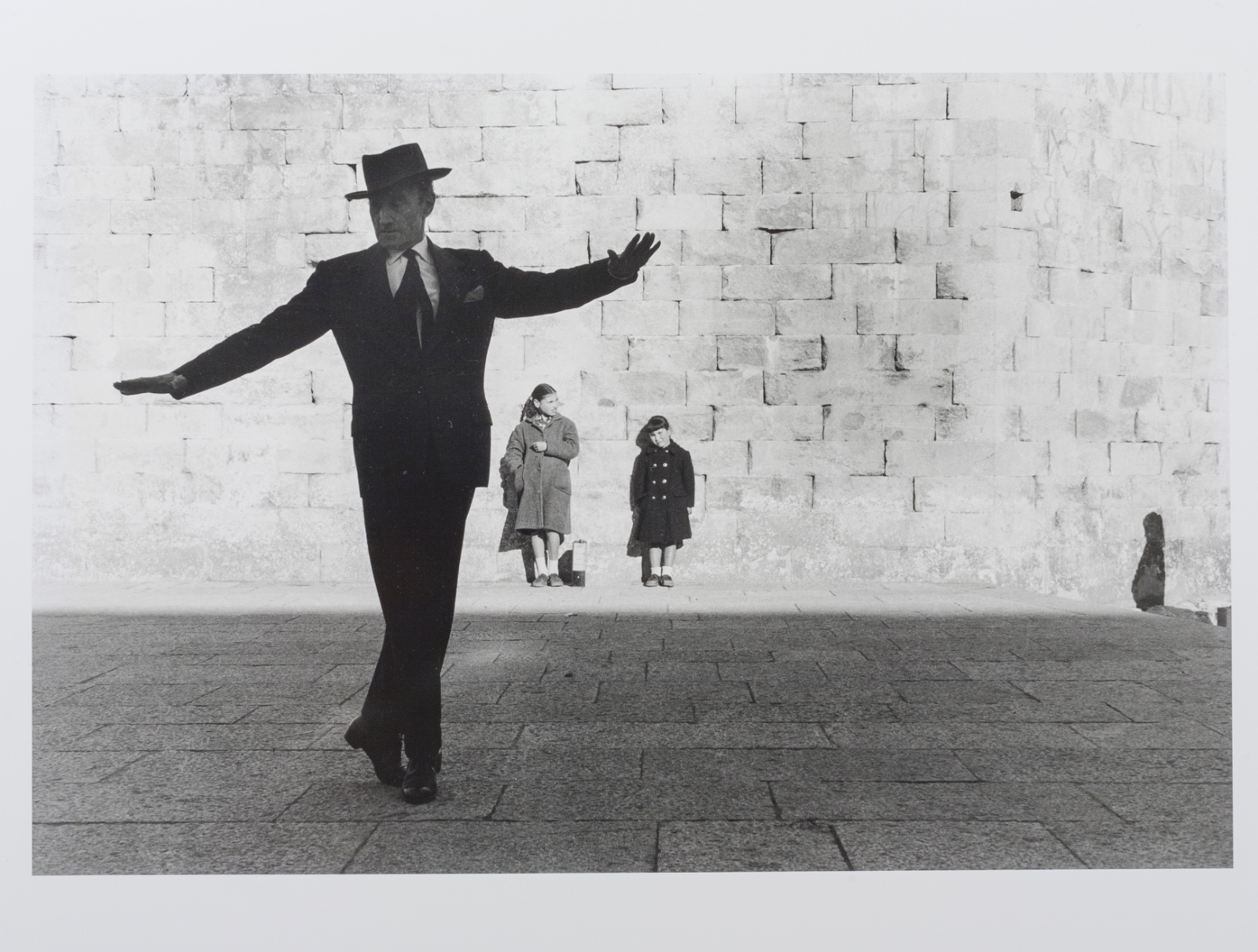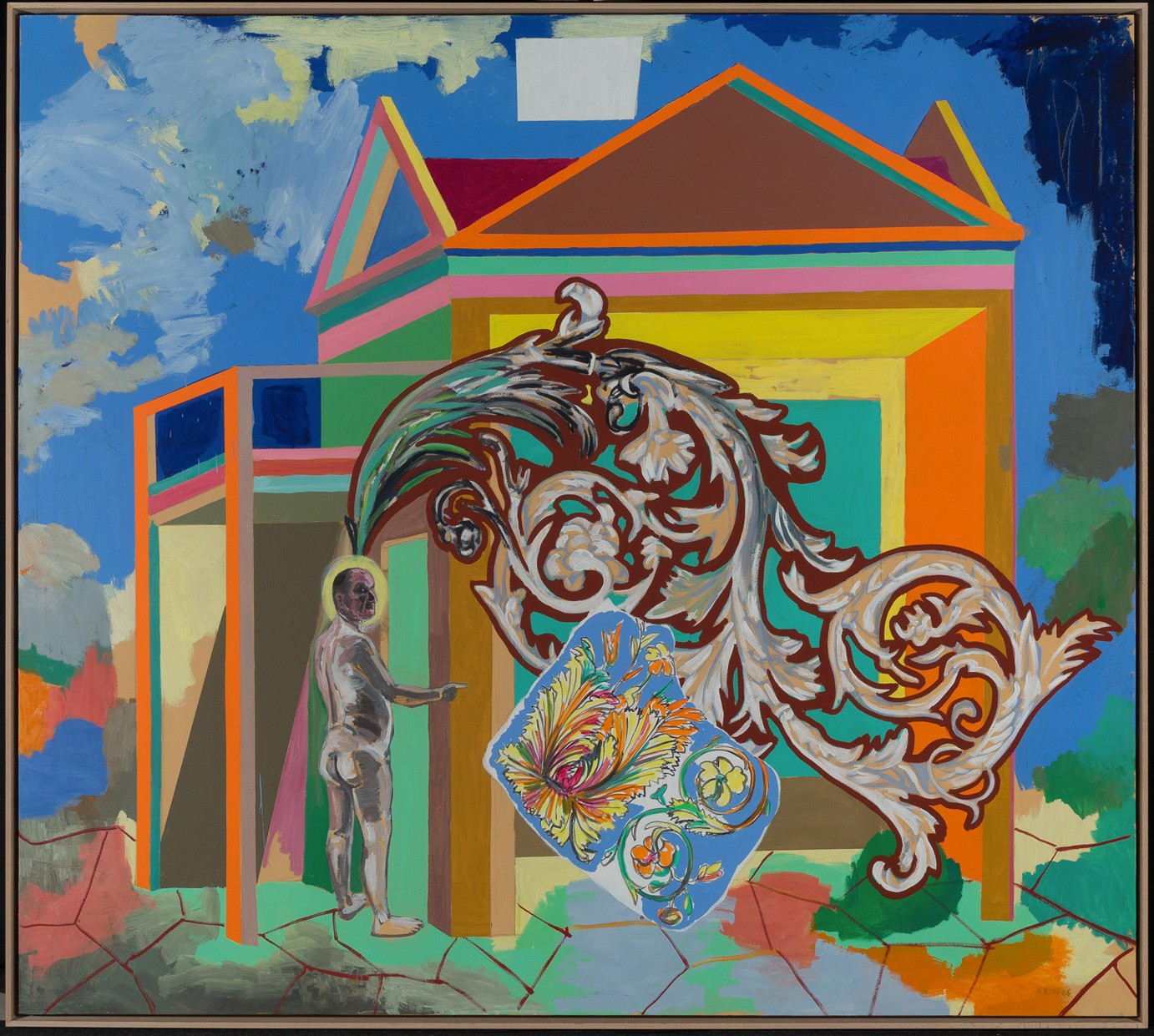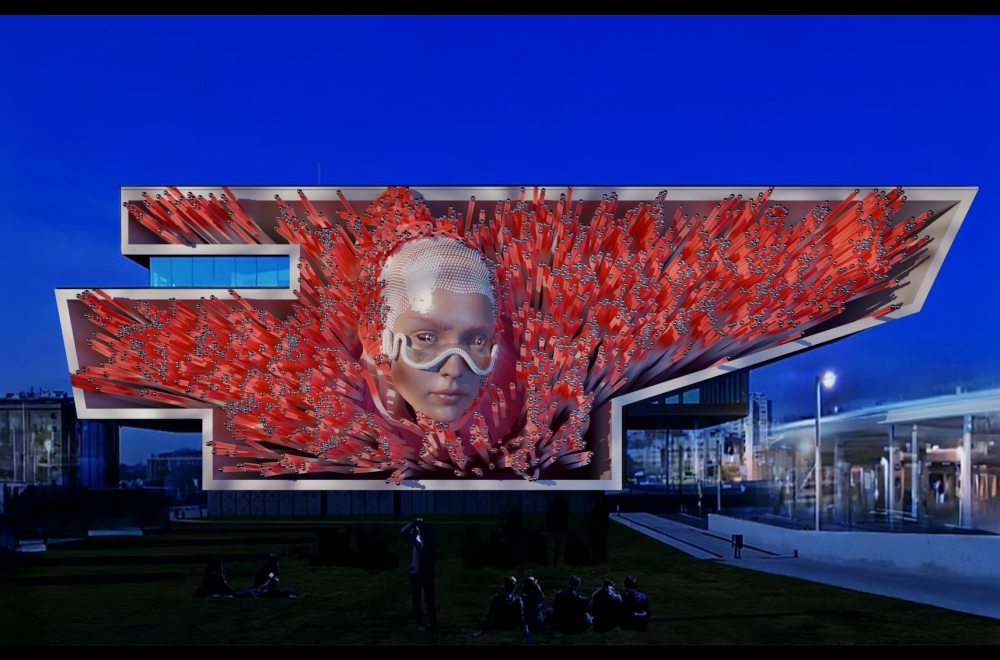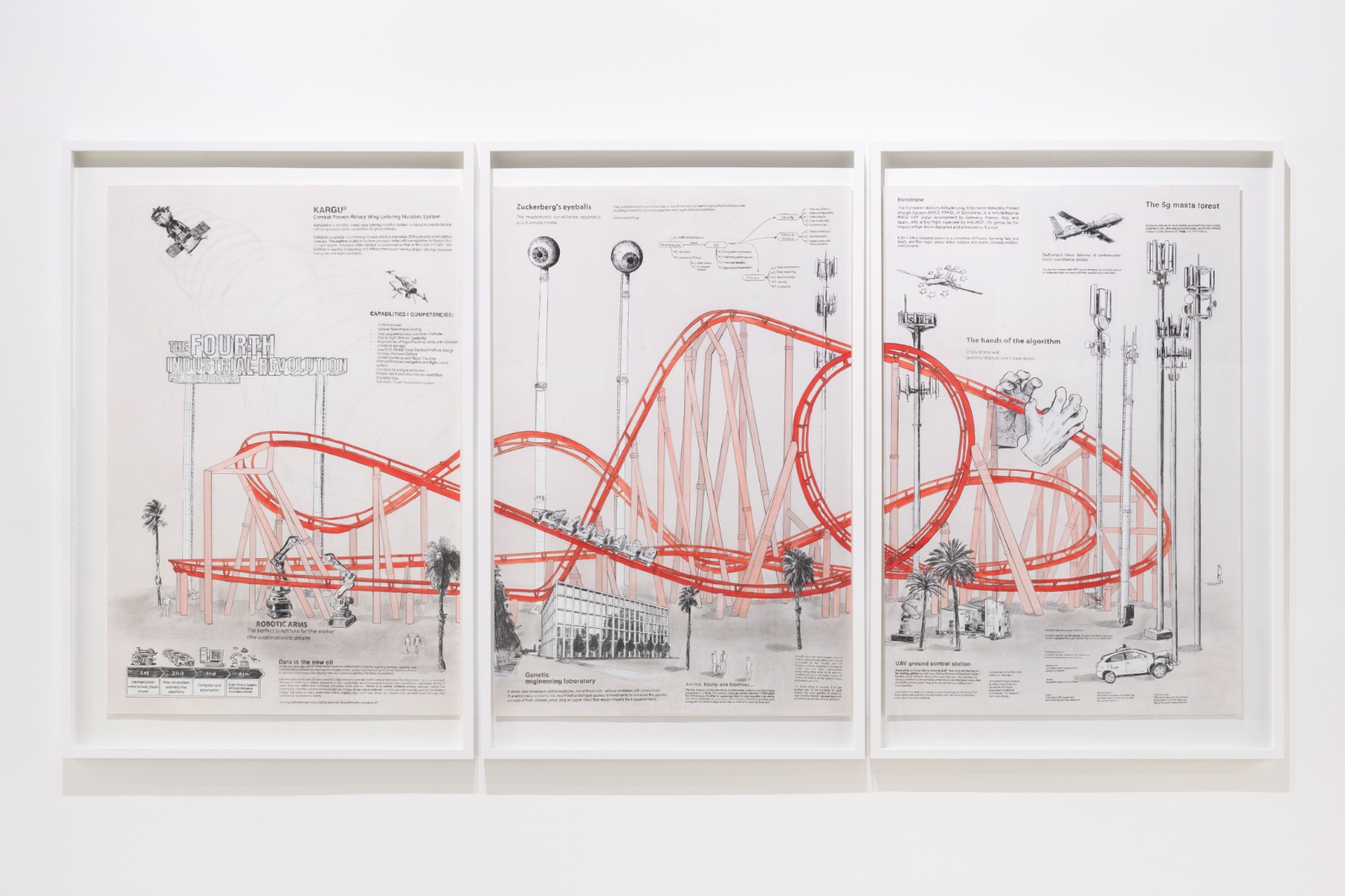Exhibitions
Bassat Collection: a journey through 20th century art
The great names of artistic creation of the last century, at the Girona Art Museum.
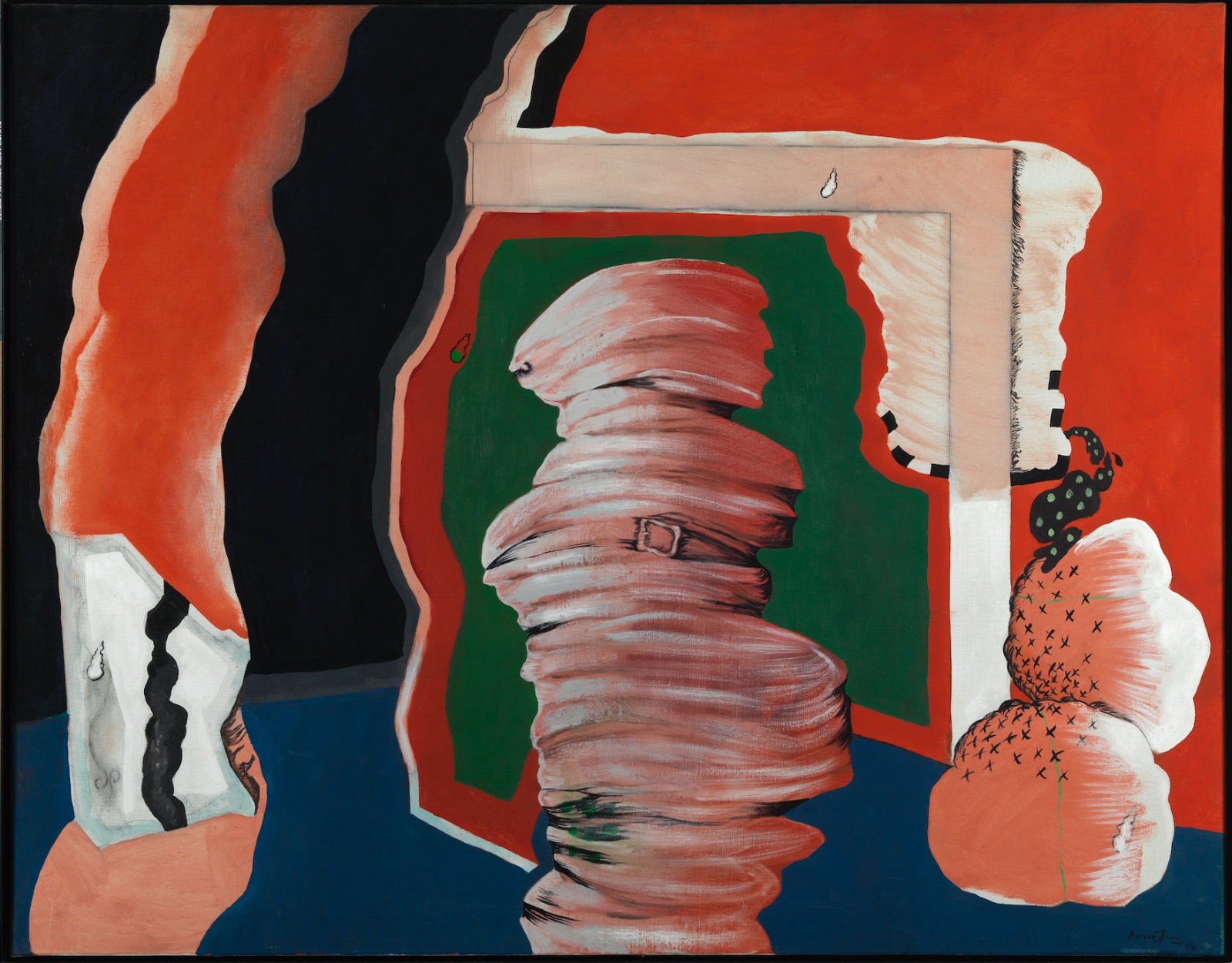
The Girona Art Museum is filled with contemporaneity with the Masters of Catalan Art of the 20th Century, a journey that will make us stop at the main names of the artistic universe of the last century, but will do so from the powerful Bassat collection. A museographic journey that claims the public transcendence of collecting and a discourse with a clear and forceful objective: to explain the country's art from the historical avant-gardes, second avant-garde and postmodernism, without forgetting masters such as Joan Miró, Antoni Tàpies or Eduard Arranz-Bravo.
Sixty-eight works by sixty-three artists will fill the rooms of the Girona museum headquarters, with an exhibition curated by Conxita Oliver and Joan Gil Gregorio, with paintings and sculptures, as well as different ceramic pieces by Antoni Cumella. Collecting, collector, in this case Carmen and Lluís Bassat, individual stories that intertwine paths, all in a discursive context and a chronological thread.
 Brotxa bandera, Josep Guinovart (1970). Col·lecció Yolanda Bassat © Josep Guinovart, VEGAP, Girona, 2025
Brotxa bandera, Josep Guinovart (1970). Col·lecció Yolanda Bassat © Josep Guinovart, VEGAP, Girona, 2025
From the Gran Menina that will welcome José Luis Pascual, to the sculptural and mobile pieces of Moisès Villèlia, through Brossa, Modest Cuixart, Barceló, Amèlia Riera, Frederic Amat, Josep Uclés, Bartolozzi or Where is Home by Antoni Muntadas. The Bassat duo has assembled a representative collection of contemporary art in Catalonia and this path is marked by individuality, chronology and discourse.
Catalonia will be the epicenter of many gazes during the decades of the 20th century and the Bassat collection influences the development of the most advanced art, the intensity given by these sixty-three artists who will be present at the exhibition, without forgetting the harmony they all have with the international trends that originate over the decades.
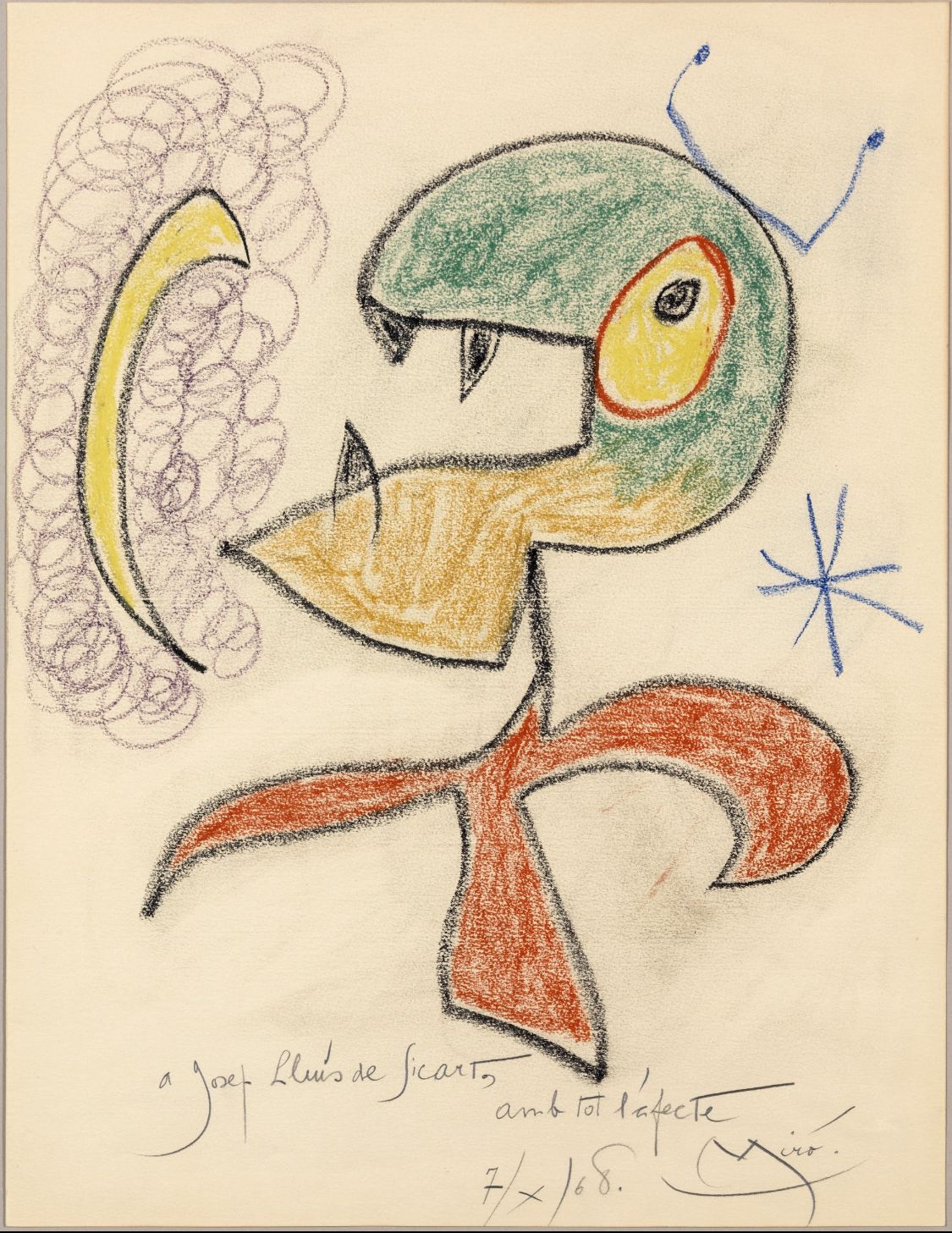 A Josep Lluís de Sicart, Joan Miró (1968). Col·lecció privada Carmen i Lluís Bassat © Successió Miró 2025
A Josep Lluís de Sicart, Joan Miró (1968). Col·lecció privada Carmen i Lluís Bassat © Successió Miró 2025
The history of contemporary art is a relatively young discipline, but the work of collectors and curators is key to investigating, explaining and understanding each movement and the way in which tastes and fashions have been incorporated. The Girona Art Museum will present, through pictorial phenomena, the pictorial realm as a fundamental space for the development of art in the Western tradition, in addition to sculptural pieces and objects.
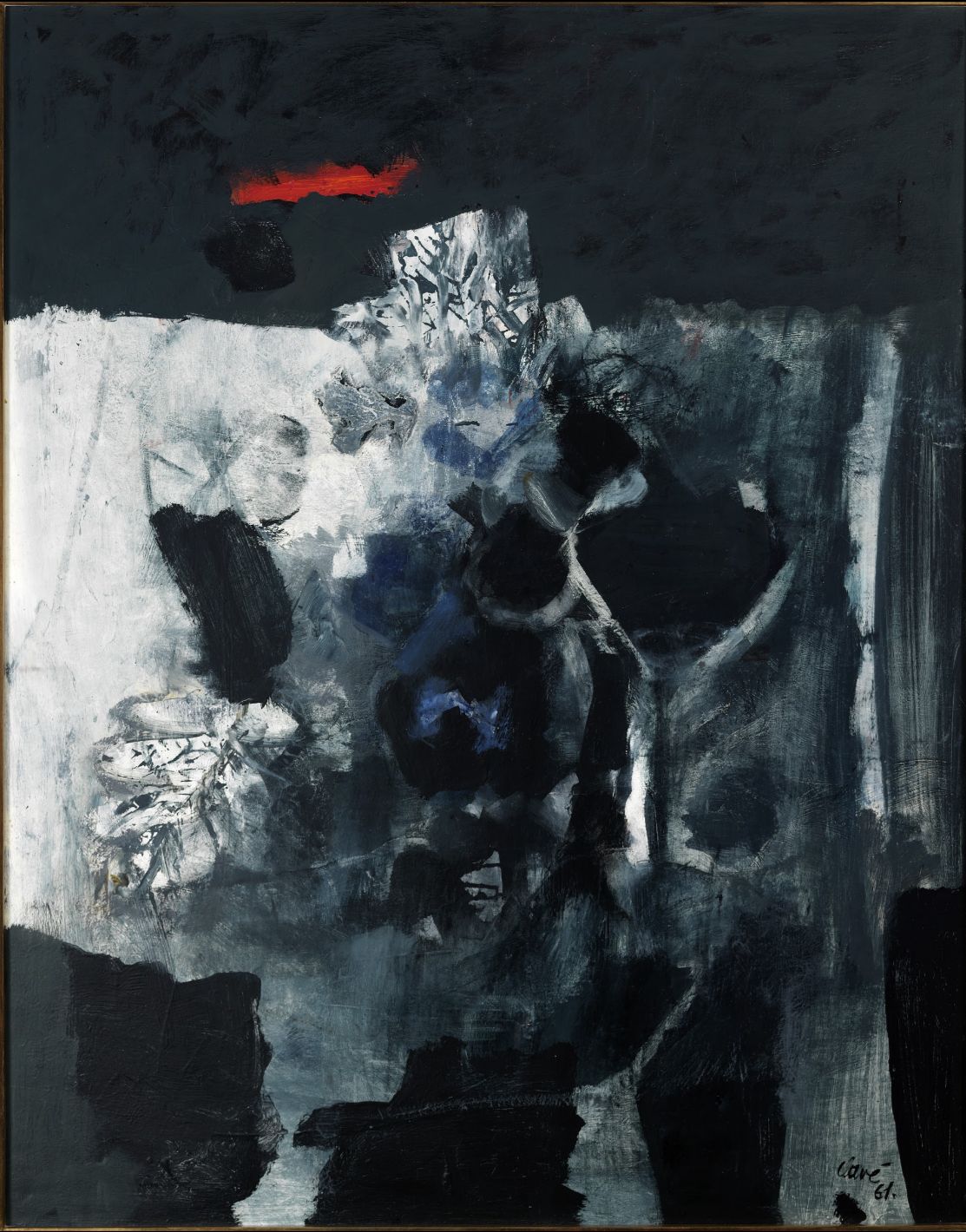 Frutos negros, Antoni Clavé (1961). Col·lecció Lluís Bassat © Antoni Clavé, VEGAP, Girona, 2025
Frutos negros, Antoni Clavé (1961). Col·lecció Lluís Bassat © Antoni Clavé, VEGAP, Girona, 2025
All the artists present occupied an important place within the artistic panorama, starting with key figures such as Gargallo, Manolo Hugué, Apel·les Fenosa, Joan Miró himself or Juli González's Tête dobile tête. However, Masters of Catalan art of the 20th century. Bassat Collection is also about enjoying, seeing, living together and creating a dialogue with the great diversity of artistic movements that went parallel to the great European focuses of the century.
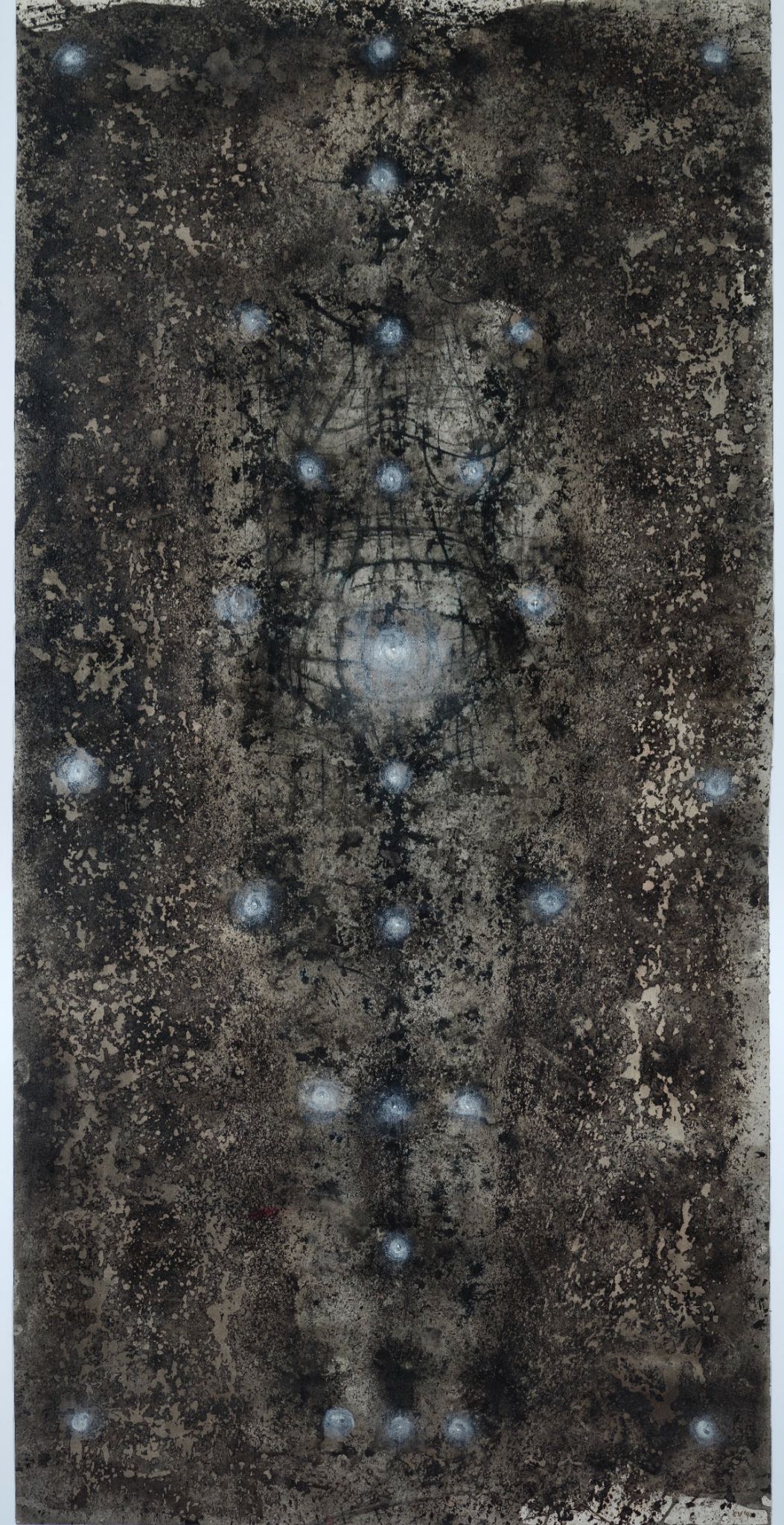 Estructura humana: la nit (El melic del món), Eulàlia Valldosera (1990). Col·lecció Lluís Bassat © Eulàlia Valldosera, VEGAP, Girona, 2025
Estructura humana: la nit (El melic del món), Eulàlia Valldosera (1990). Col·lecció Lluís Bassat © Eulàlia Valldosera, VEGAP, Girona, 2025


